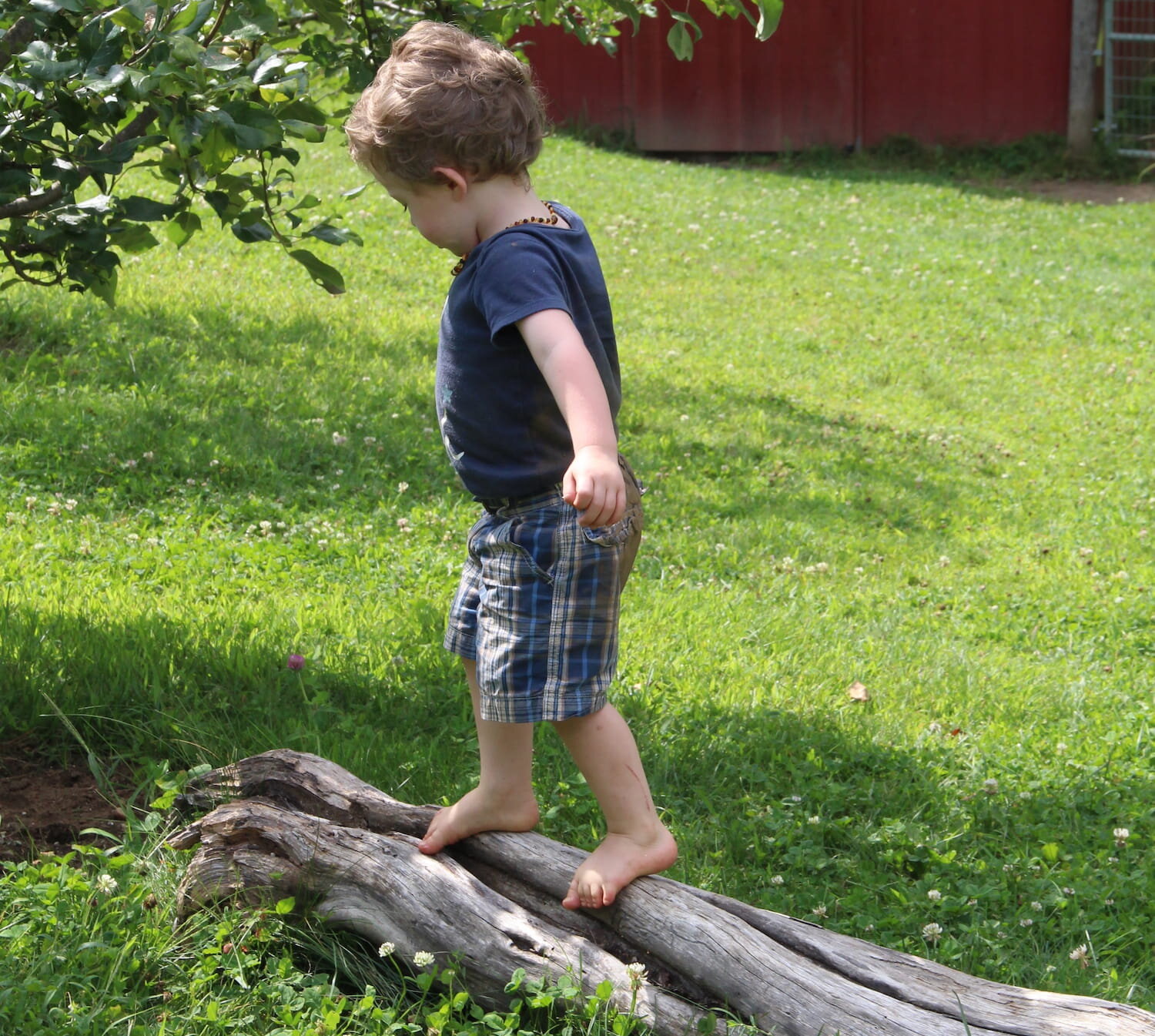
Module 4 :
Trusting Your Child
Self-Initiated Movement
Even in the womb, the baby is moving and using their body. Each kick, wiggle, and twist has its purpose and begins the process of laying down the foundations of our neural pathways. The infant and young child do not need to be aided or instructed in their movements.
Time with Self, Time with Others
Even as adults, we need time to ourselves and time to be with others. Both experiences fill us up in their own way. The same is true for the young child. In times of caregiving and connection, the child is surrounded by the warmth and love of the caregiver. In the times a child is left to have experiences on their own, they are developing their sense of self. Both of these experiences help the child get to know who they are and how they fit into the world.
Self-Directed Play
The infant and young child does not need a lot of external stimulation or to be entertained. Simply placing an infant or young child in a safe environment with a variety of materials to explore provides such a rich experience.
Self-Soothing and Self-Regulation
Life presents each of us with challenges that we must navigate. The ability to cope with these challenges is established in our first years of life. It begins at first with co-regulation, the adult or caregiver provides a calm presence that the child can mirror.
